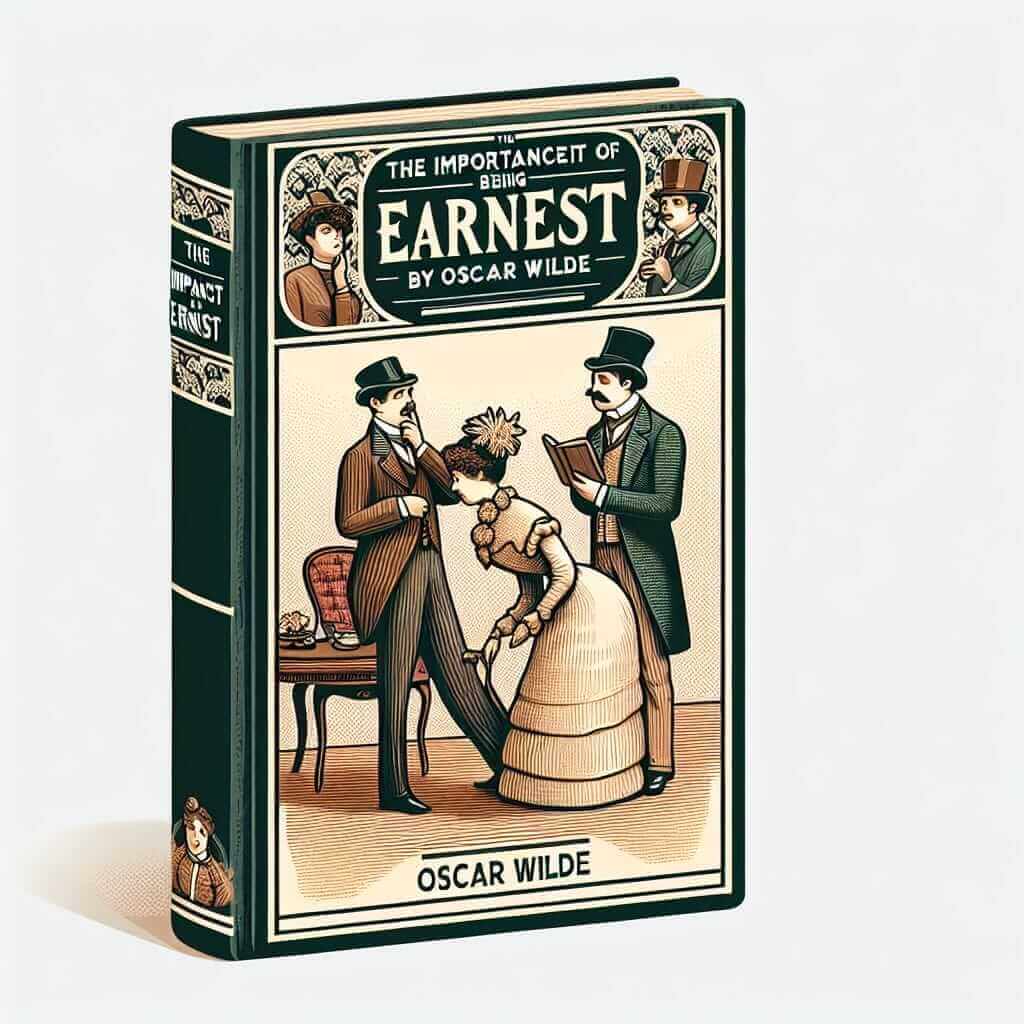The Power of Plays in IELTS Preparation
As an IELTS instructor with over 20 years of experience, I’ve witnessed the transformative power of literature, particularly plays, in boosting students’ language proficiency and exam performance. Many students wonder, “Who is each play suitable for in IELTS?” The answer is not one-size-fits-all; it depends on your current English level and specific IELTS goals.
Matching Plays to Your IELTS Goals
Building a Strong Foundation (Band Score Goal: 4.0 – 5.5)
For learners aiming for band scores of 4.0 to 5.5, plays with simpler language and straightforward plots are ideal. These plays will help you build a solid vocabulary base, improve your understanding of grammar in context, and enhance your ability to comprehend spoken English.
Recommended Plays:
- “The Importance of Being Earnest” by Oscar Wilde: This witty comedy uses accessible language and explores themes of social expectations and identity.
- “The Bear” by Anton Chekhov: This one-act farce, with its concise dialogue and humorous situations, is perfect for practicing everyday conversations.

Enhancing Fluency and Complexity (Band Score Goal: 6.0 – 7.0)
If your target band score is between 6.0 and 7.0, you should focus on plays with more intricate plots, richer vocabulary, and nuanced characters. This will expand your lexicon, expose you to diverse sentence structures, and strengthen your ability to analyze and express complex ideas.
Recommended Plays:
- “Pygmalion” by George Bernard Shaw: This thought-provoking play delves into social class, language, and transformation, offering ample opportunities to discuss societal issues.
- “The Crucible” by Arthur Miller: This historical drama, set during the Salem witch trials, uses powerful language to explore themes of justice, fear, and integrity.
Mastering Nuance and Argumentation (Band Score Goal: 7.5+)
For those aiming for band scores of 7.5 and above, plays with complex themes, challenging language, and ambiguous characters are key. Engaging with these literary works will sharpen your critical thinking skills, enhance your ability to analyze different perspectives, and equip you with the vocabulary to articulate nuanced arguments.
Recommended Plays:
- “Hamlet” by William Shakespeare: Shakespeare’s masterpiece grapples with themes of revenge, mortality, and the human condition, providing ample material for insightful analysis.
- “Waiting for Godot” by Samuel Beckett: This absurdist play, known for its minimalist dialogue and existential themes, challenges conventional storytelling and encourages abstract thought.
IELTS Speaking Test: Drawing from Plays
Remember, the plays you choose to read for IELTS preparation can be valuable resources in your Speaking test. You can draw upon the themes, characters, and vocabulary you’ve learned to illustrate your points, express your opinions, and showcase your language abilities.
For instance, if asked about the importance of education, you could refer to “Pygmalion” and discuss how language learning can impact an individual’s social mobility. Or, if discussing the complexities of human relationships, you could draw parallels to the intricate dynamics between characters in “Hamlet.”
Conclusion: Embrace the World of Plays for IELTS Success
Choosing the right plays for your IELTS journey is about aligning your literary exploration with your target band score and language goals. Don’t be afraid to challenge yourself, explore diverse genres, and delve into the rich tapestry of human experiences presented in theatrical works. By immersing yourself in the world of plays, you’ll not only enhance your English language skills but also gain invaluable knowledge and insights that can enrich your IELTS responses and boost your overall performance.